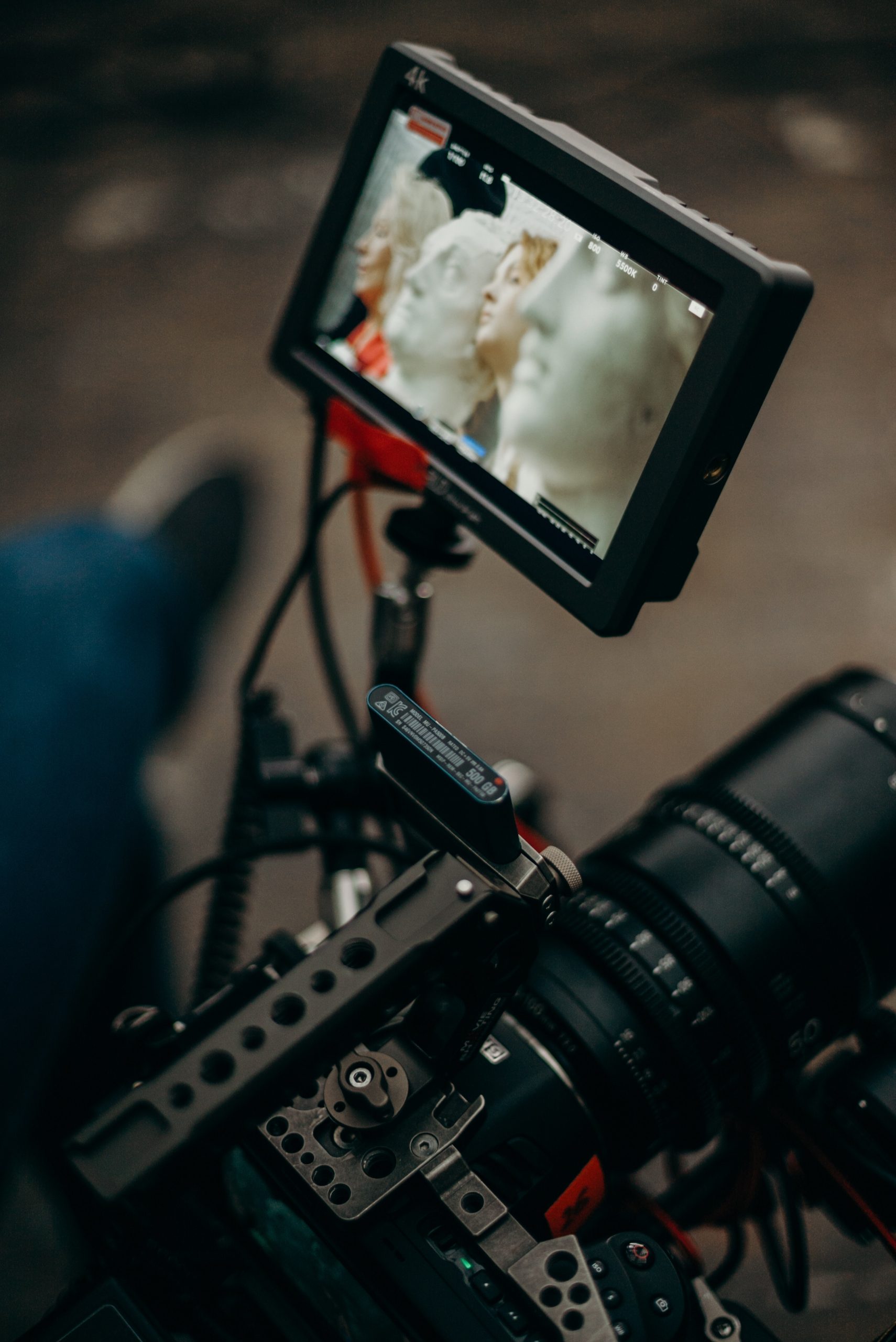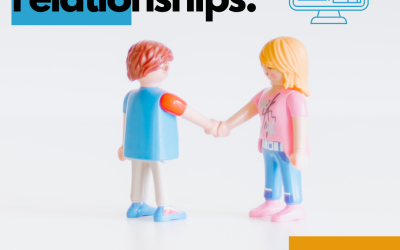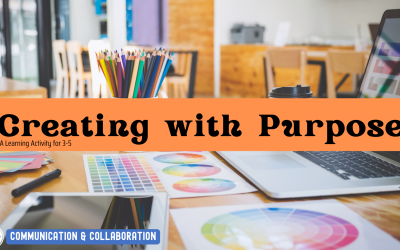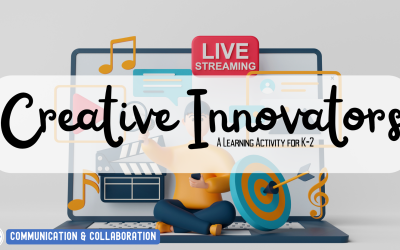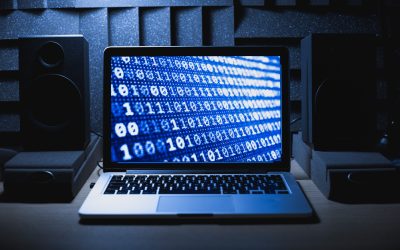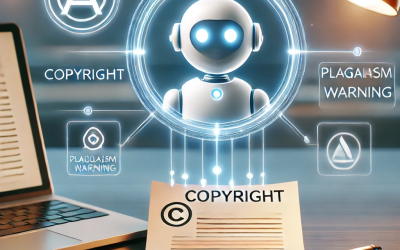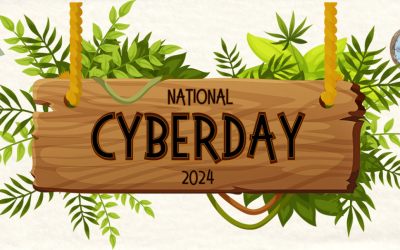Overview
In this learning activity, students are introduced to the challenges of identifying what is real and what is fake online. After learning some simple steps to verify online information they create a poster that communicates the importance of questioning and double-checking online content.
NB Curricular Connections
English Language Arts (3-5)
- Strand: Interactions – Big Idea: Students will speak and listen to explore, extend, clarify, and reflect on their thoughts, ideas, feelings, and experiences.
- Strand: Interactions – Big Idea: Students will be able to communicate information and ideas effectively and clearly, and to respond personally and critically.
- Strand: Reading Comprehension – Big Idea: Students will be expected to select, read, and view with understanding a range of literature, information, media, and visual texts
- Strand: Representations – Big Idea: Students will be expected to use writing and other forms of representation to explore, clarify, and reflect on their thoughts, feelings, experiences, and learnings; and to use their imaginations.
Visual Arts (3-5)
- Strand: Create – Big Idea: Application and Product
Personal Wellness (3-5)
- Strand: Career Connected Learning – Big Idea: Students will develop knowledge of self and explore the world of work
What You’ll Need
- “What’s Real Online?” PDF Kit – Break the Fake: What’s real online? | MediaSmarts
- Video Version of this Learning Activity – https://youtu.be/JQZfNCd-iwI
- Real or Fake Slideshow – Break the Fake: What’s real online? | MediaSmarts
- Video – House Hippo 2.0 – House hippo 2.0 – YouTube
- Computers, laptops, or iPads for students to create a digital poster (see PDF kit for details)
- White paper and colouring materials – pencil crayons or markers (if technology is not available for digital poster)
- Pencils
- How are TV commercials produced? | HowStuffWorks
Instructions
- Start by downloading “Real or Fake” slideshow, the video version of the lesson, and printing the complete PDF kit (included).
- Print the student handout, “Finding Out What’s Real Online” included in the PDF kit (1 per student) and the assignment sheet, “Make Your Own House Hippo Poster” in the PDF kit.
- Begin the learning activity by viewing the House Hippo 2.0 video and ask students: Is this video real? Could it be real? Let them discuss for a few minutes without giving a firm answer.
- Now ask: If it is fake, why might somebody want to make a fake video about house hippos? Again, let the students discuss for a few moments but don’t give an answer. Show the last part of the video. Ask students how they think the video was made, then show the first two slides of Real or Fake? Did any of them guess that the hippos were puppets and not CGI?
- Download the resource package for complete instructions.
Reflection Activity
Please see the attached PDF for several choices on how you and your learners can reflect upon today’s activity.
